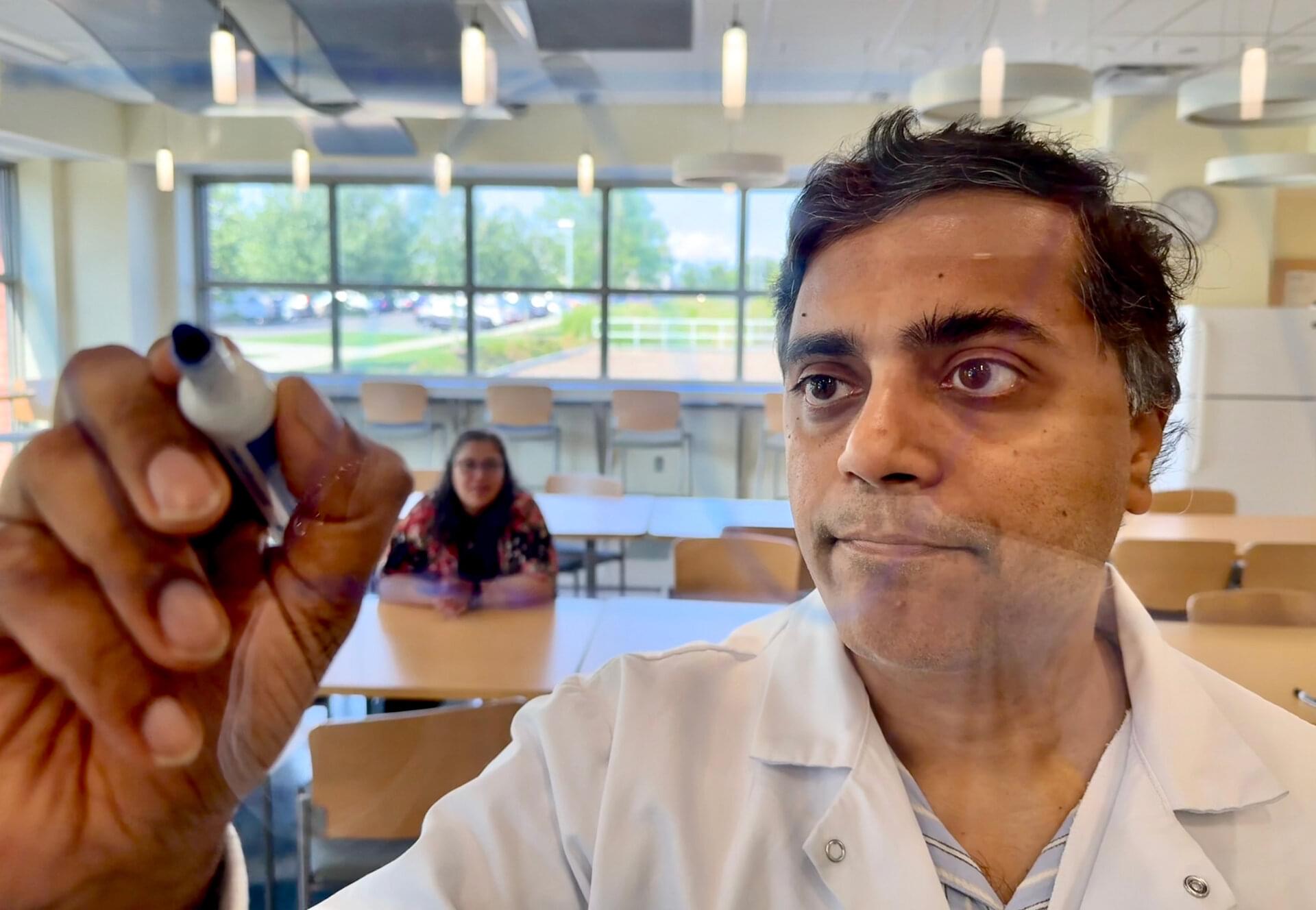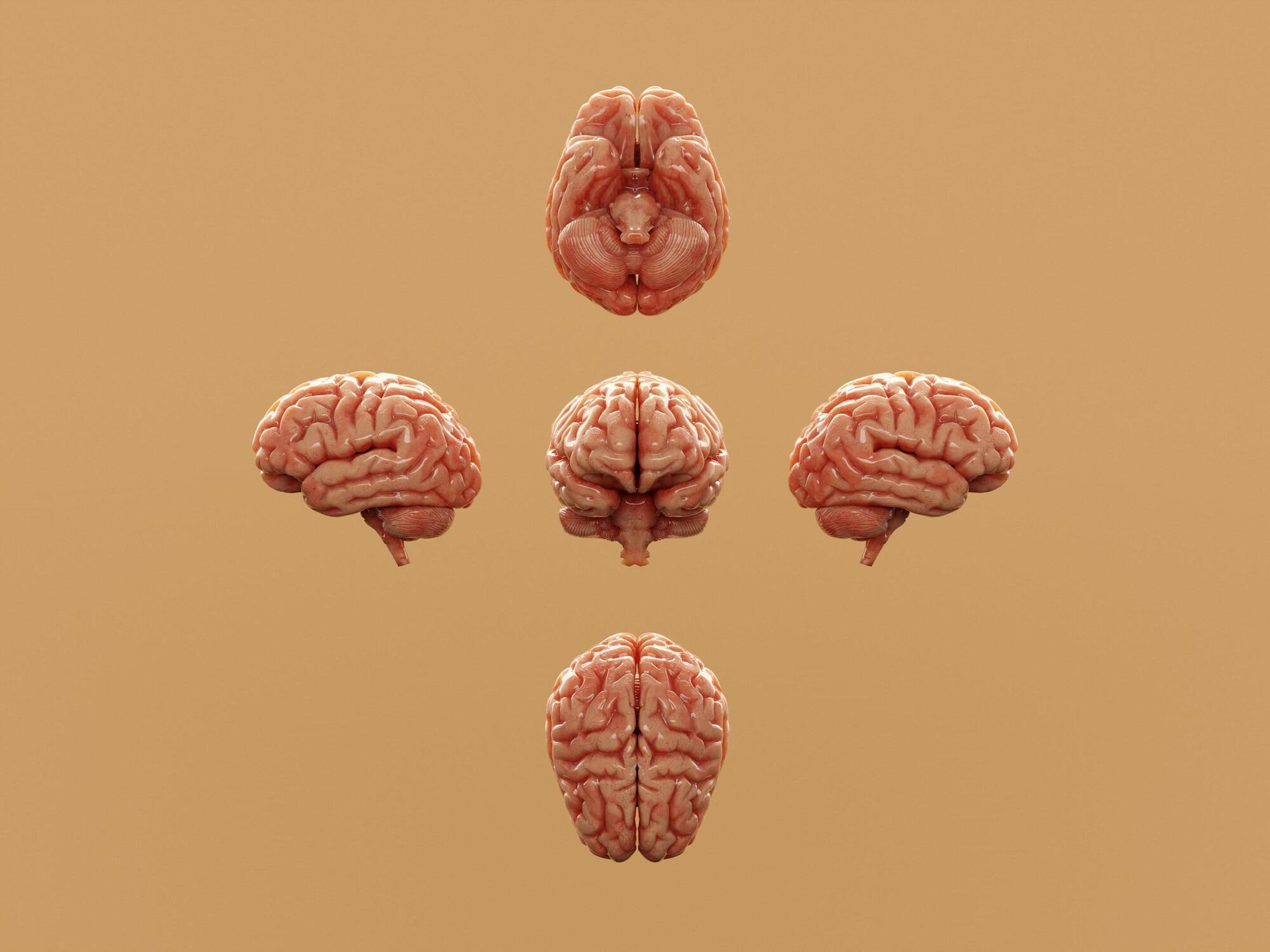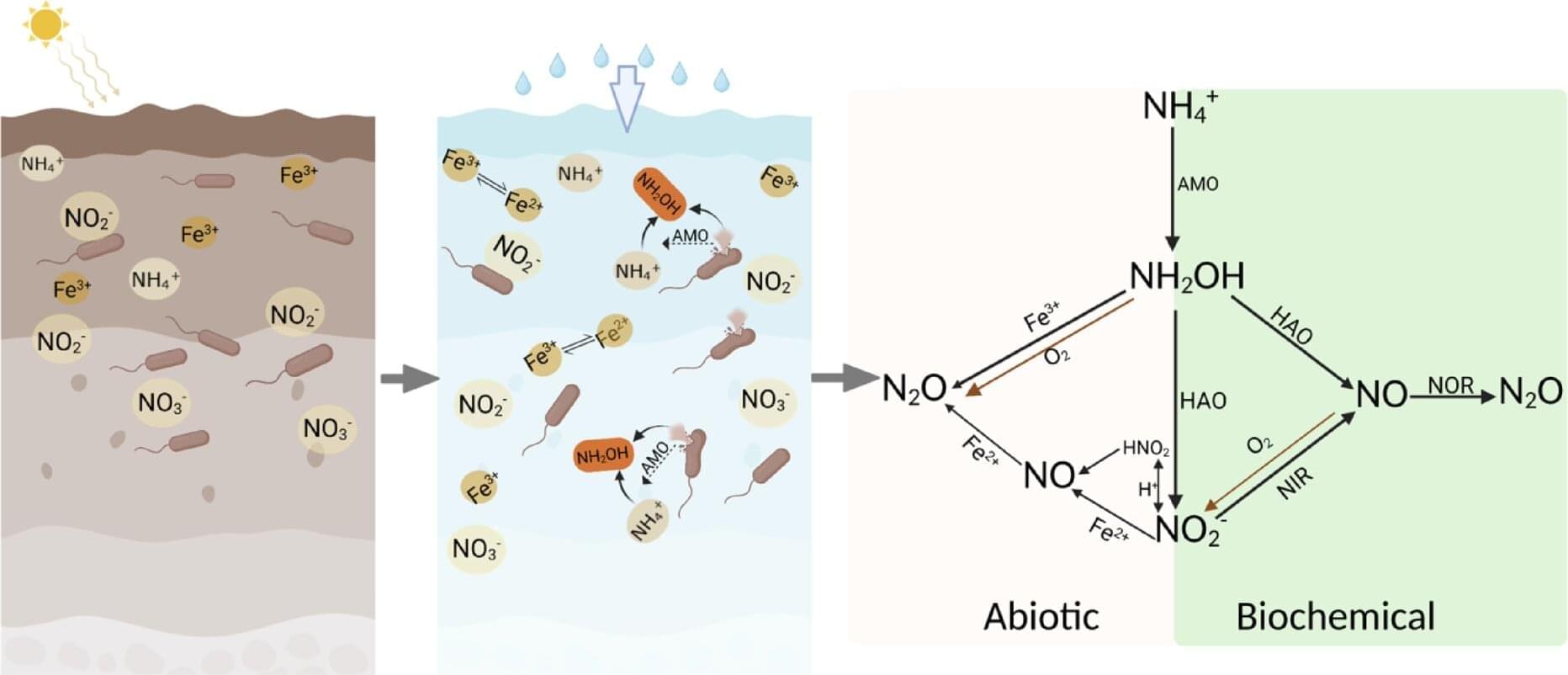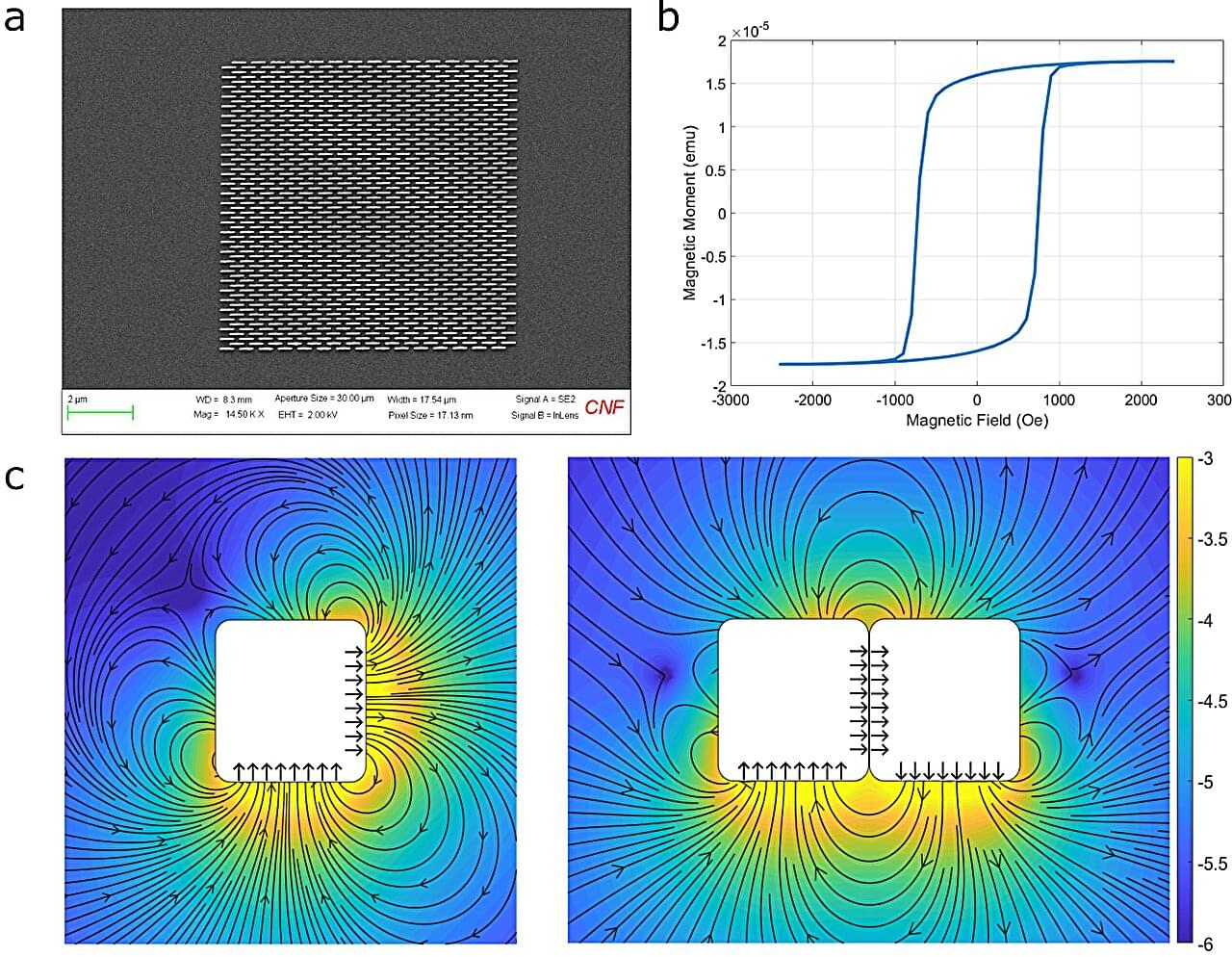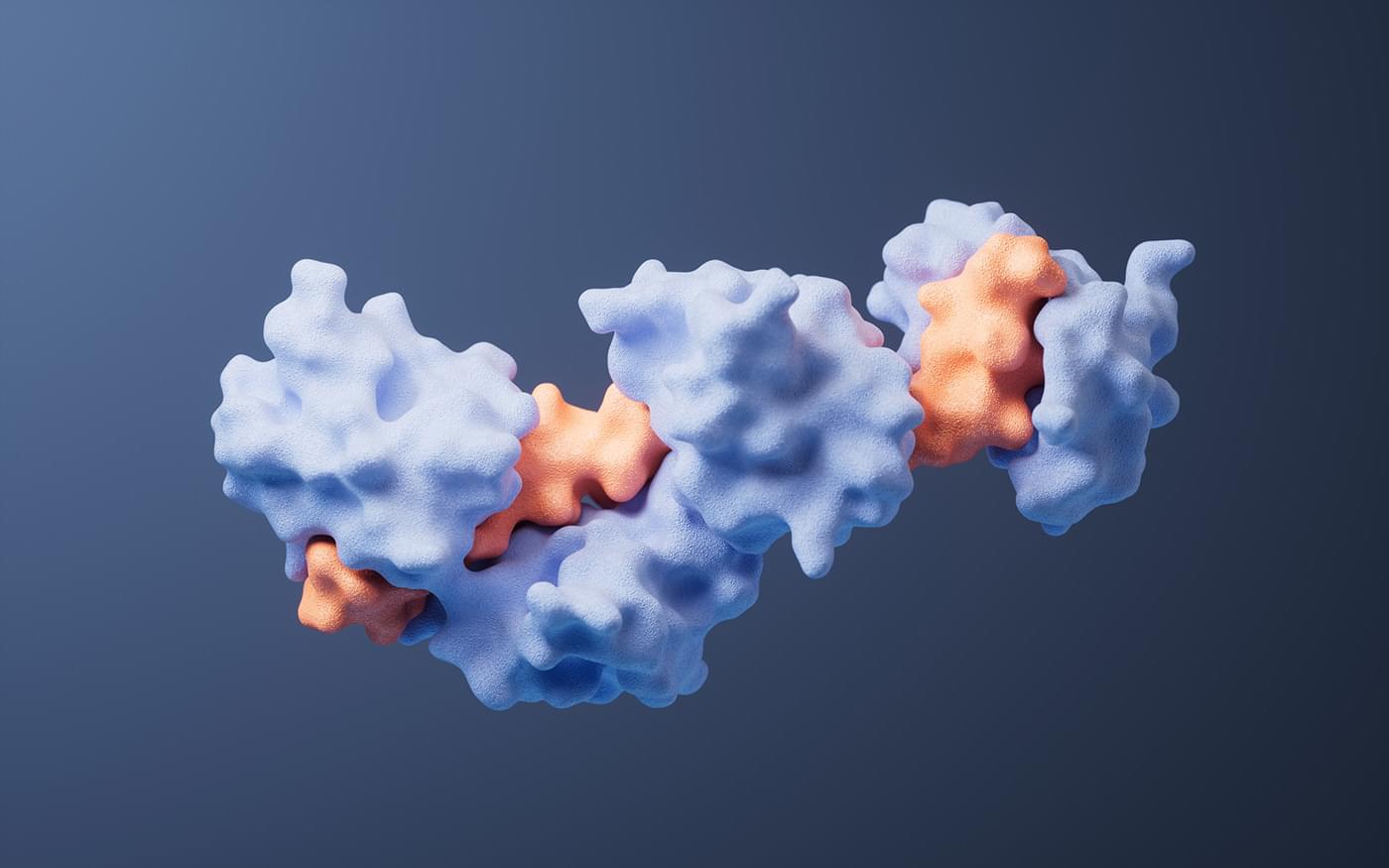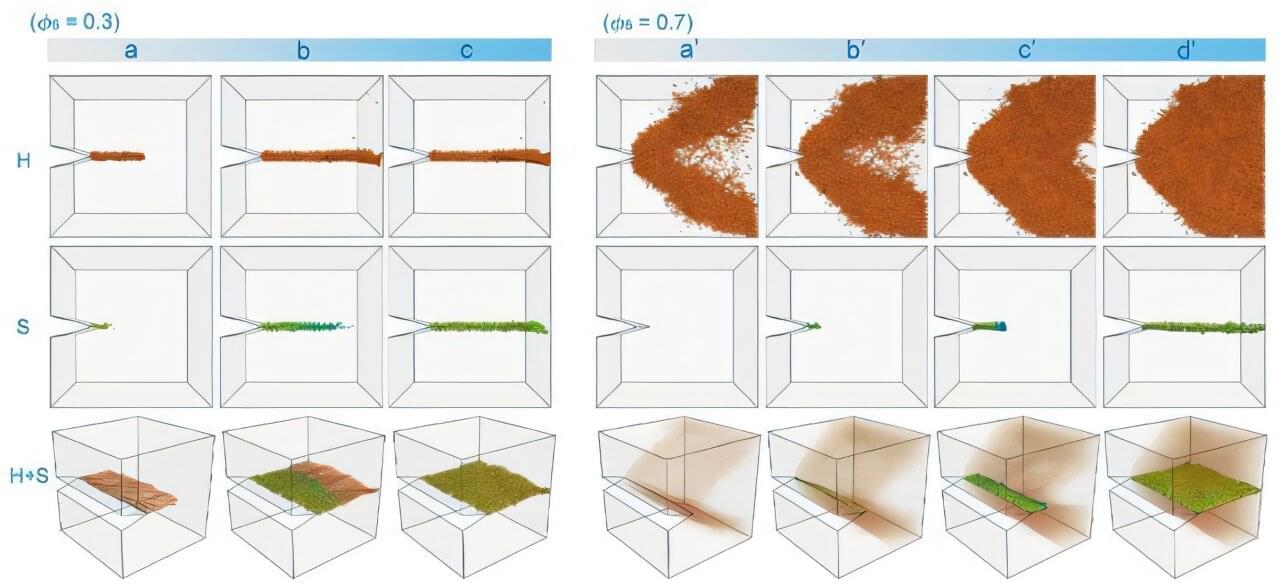Engineers have long grappled with a fundamental challenge: creating materials that are both strong and tough enough to resist deformation and prevent fractures. These two properties typically exist in opposition, as materials that excel in one area often fail in the other.
Nature, however, has elegantly solved this trade-off in biological materials like bone, teeth, and nacre, which strategically combine soft and hard components in multi-layered architectures. These blueprints have inspired scientists to develop artificial soft–hard composites—from advanced dual-phase steels to specialized gels and reinforced rubbers—that demonstrate performance exceeding that of their individual components.
While artificial soft–hard composites have shown impressive performance in laboratory tests and real-world applications, the fundamental mechanisms behind their enhanced properties remain largely unclear. The inherent complexity of these materials, encompassing nonlinear behaviors, intricate internal structures, and multi-scale interactions, has made it difficult to isolate the essential design principles.
